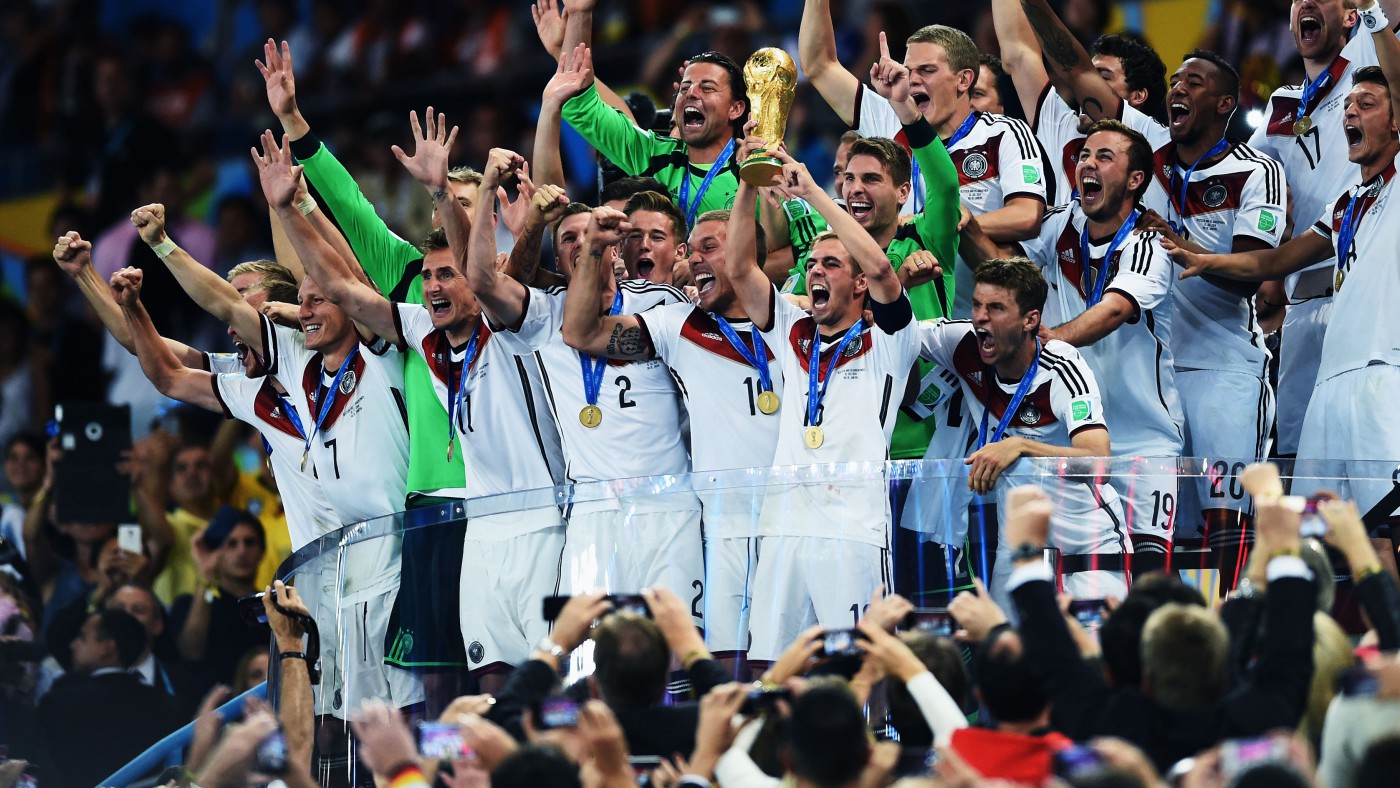The assessment of the “legendary” Liverpool football manager, Bill Shankly, was famously that football is not a matter of life and death. It is more important than that, he said. Incidentally, it is imperative in football journalism to call successful football managers legendary, and there is no-one more legendary than Shankly, whose mantra has become a cliché recited almost as many times as Harold Wilson’s notion that a “week is a long time in politics.”
Wilson was MP for Huyton, just outside the boudaries of Liverpool, a city I’m just leaving now, heading home via Preston, with a smile on my face. I’m grinning, not because I’m pleased to be leaving Liverpool, after 24 hours of Beatles tourism with my son, who is as big a Beatle nut as I am. We enjoyed The Beatles Story exhibition (or the more historically serious half of it) and we paid homage at The Grapes, reputedly John Lennon’s favourite pub. Although it is worth noting that Lennon did very little drinking after Yoko Ono quarantined him in the mid-1970s, following the “Lost Weekend” phase in which he had left the Japanese conceptual artist and hung out with Keith Moon, Ringo Starr and assorted other reprobates on the US West Coast.
Predictably, Lennon and his friends got into fights, high on Brandy Alexanders. Back in New York, when Yoko took him home, Lennon went on a diet of water and wheat grass. He also made no records in the late 1970s, a policy that Paul McCartney might have been wise to have copied in that period. Meanwhile, with John in the kitchen baking bread, Yoko Ono – scourge of convention and “breadhead” capitalism – discovered that, actually, she had quite a flair for the concept of astutely managing John’s fortune. Love, it turns out, is not all you need.
Anyway, I’ll write more about the attempted revival of Lennon’s home city soon. Although there remains much to do, the difference in the last decade, in hotels, restaurants, improvements in civic space and a sense of confidence is quite startling. With luck, and a few more years of growth, and more capitalism, Liverpool will put the 1980s and 1990s properly behind it.
Not everything has changed in Liverpool, however. An enormous family – in terms of numbers and combined girth – just boarded the train mid-family row. “Shurrup,” shouted the matriach, loud enough to be heard in Manchester,”or I’ll punch the lorra yers!”
Indeed, if George Osborne’s much anticipated “Northern Powerhouse” (designed to create a giant economic and cultural hub to rebalance the London-centric UK economy) is to become a reality, surely the “fast” link between Liverpool and Preston should be more than a two coach rattler from the 1980s?
Back to football. The reason I am smiling is that FIFA, football’s despicable ruling body, is finally getting what it deserves. In a series of dawn raids, officials have been arrested in Switzerland, and the US authorities are preparing a full-on assault. At the resulting press conference, FIFA’s spokesman gave a performance worthy of the infamous Iraqi information minister who declared in the Iraq War that the regime would triumph, even as American tanks drove into view behind him.
Likewise, FIFA’s man declared that today, with dawn raids on senior officials and extraditions looming, is a good day for FIFA, because it shows that corruption is being rooted out. As the man from the BBC put it, fresh from watching a senior FIFA figure marched off by the police, if this was a good day for FIFA, what would a bad day look like?
This is a huge story and it is a glorious story, almost of Watergate proportions, for which the Sunday Times in London deserves credit. In unearthing the evidence last year the paper delivered classic British journalism at a time when the industry had been battered by its own scandals.
But the undoing of FIFA is glorious for another reason. While globalisation has had a positive impact in many respects, it has also facilitated the rise of international super-bureaucracies in which, because there is a lack of proper accountability or meaningful democratic oversight, cosy deals and creeping corruption predominate. Some of these outfits make the crony corporatists who dominate in monopolistic big businesses look transparent and humble. And now FIFA, one of the worst organisations of the lot, is getting a media and judicial kicking worthy of footballer and sometime actor Vinnie Jones. Good.


